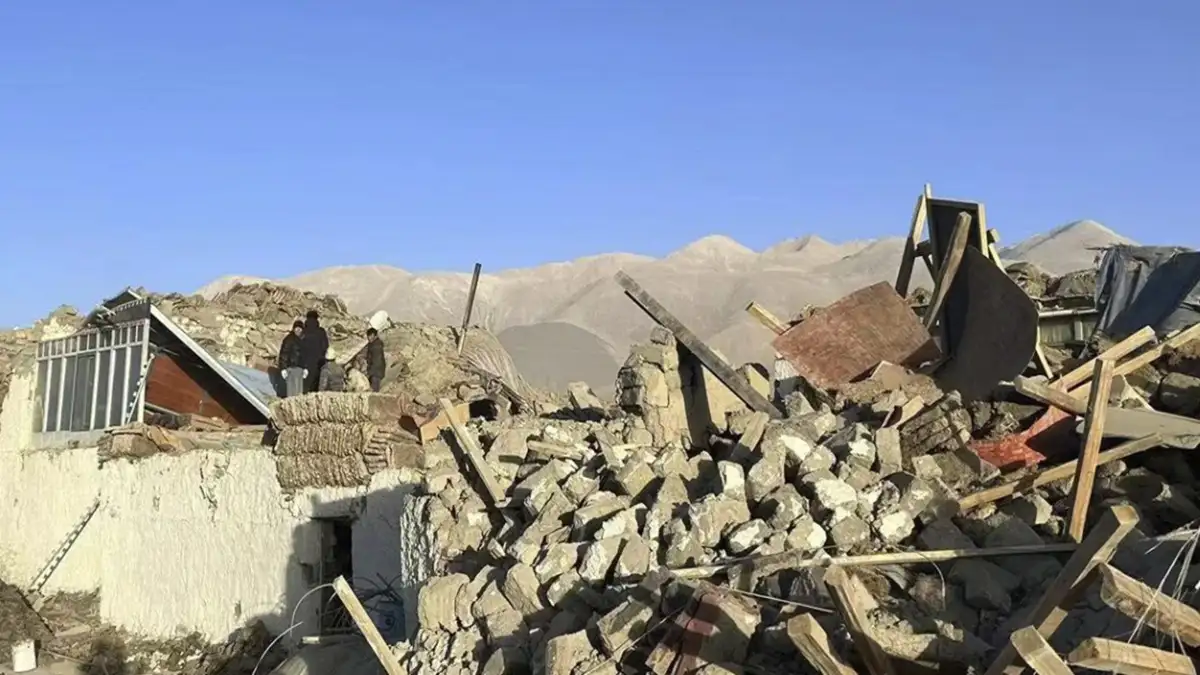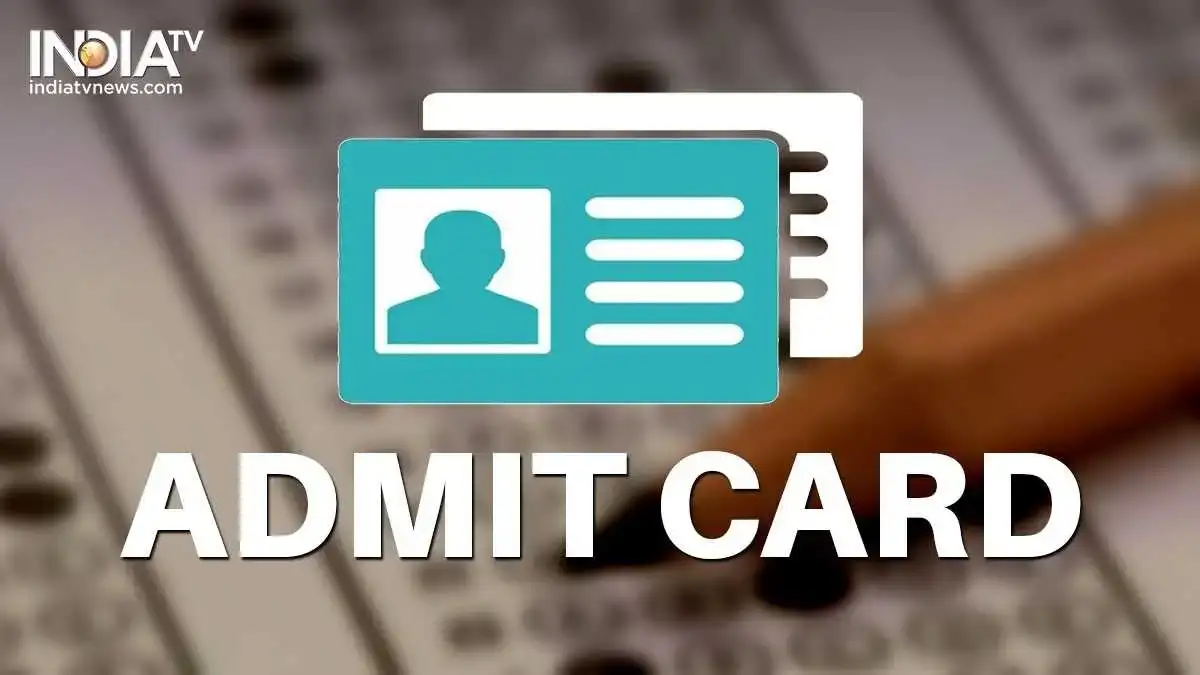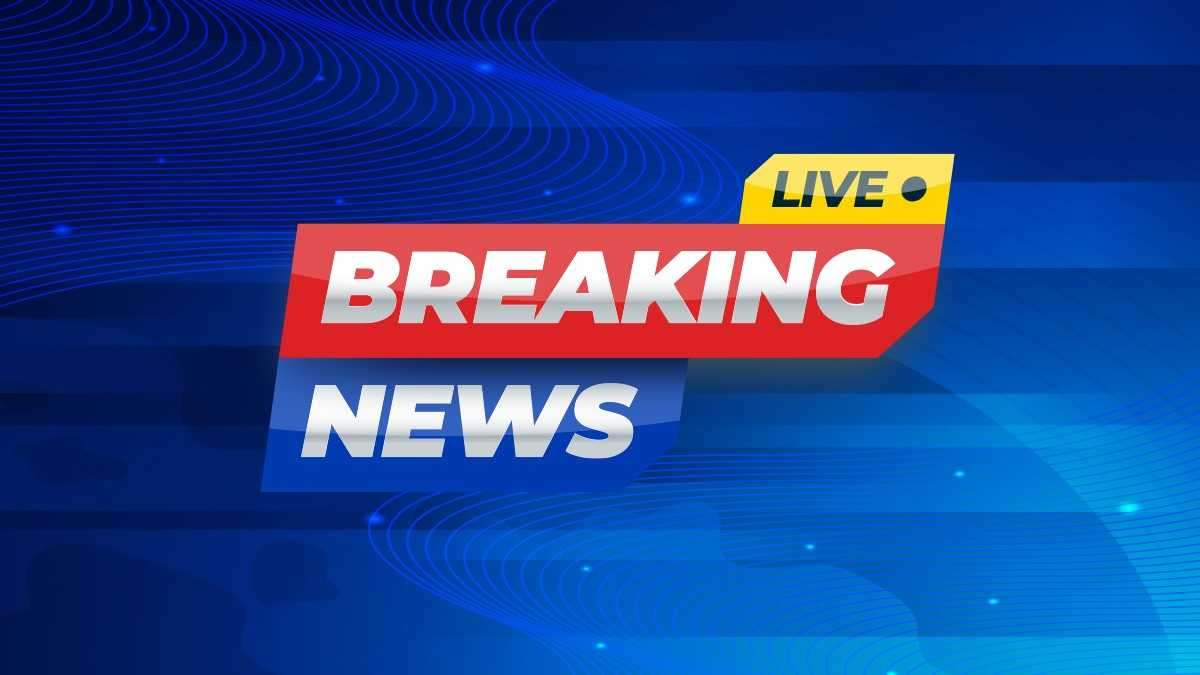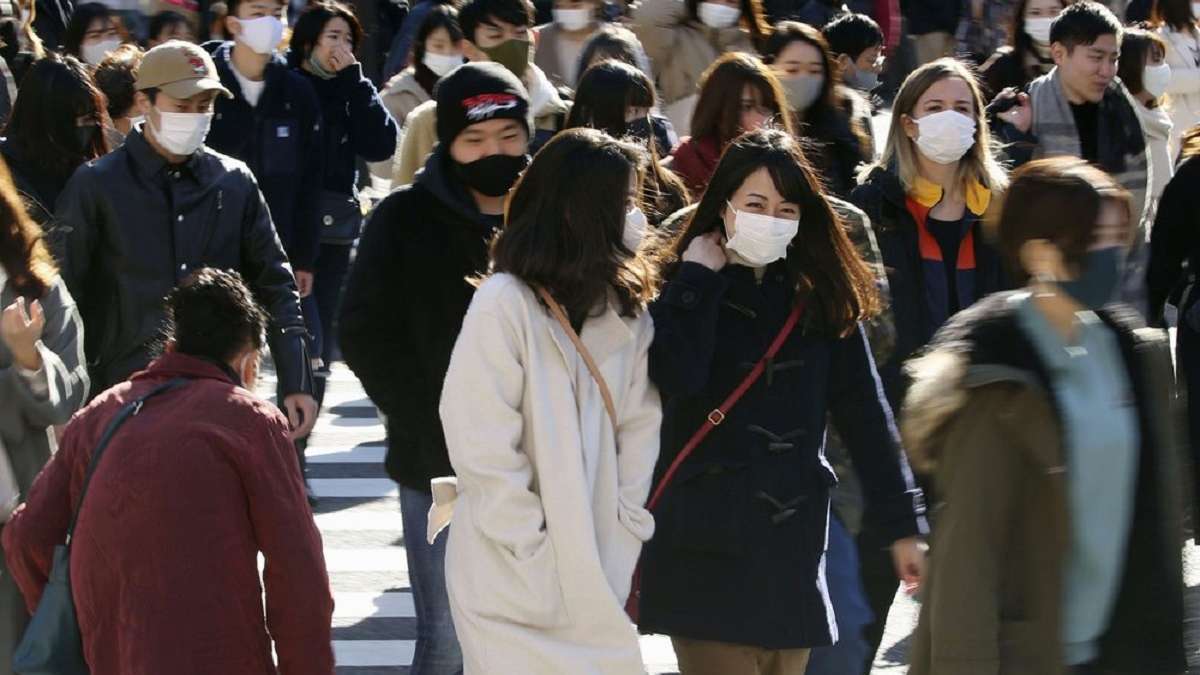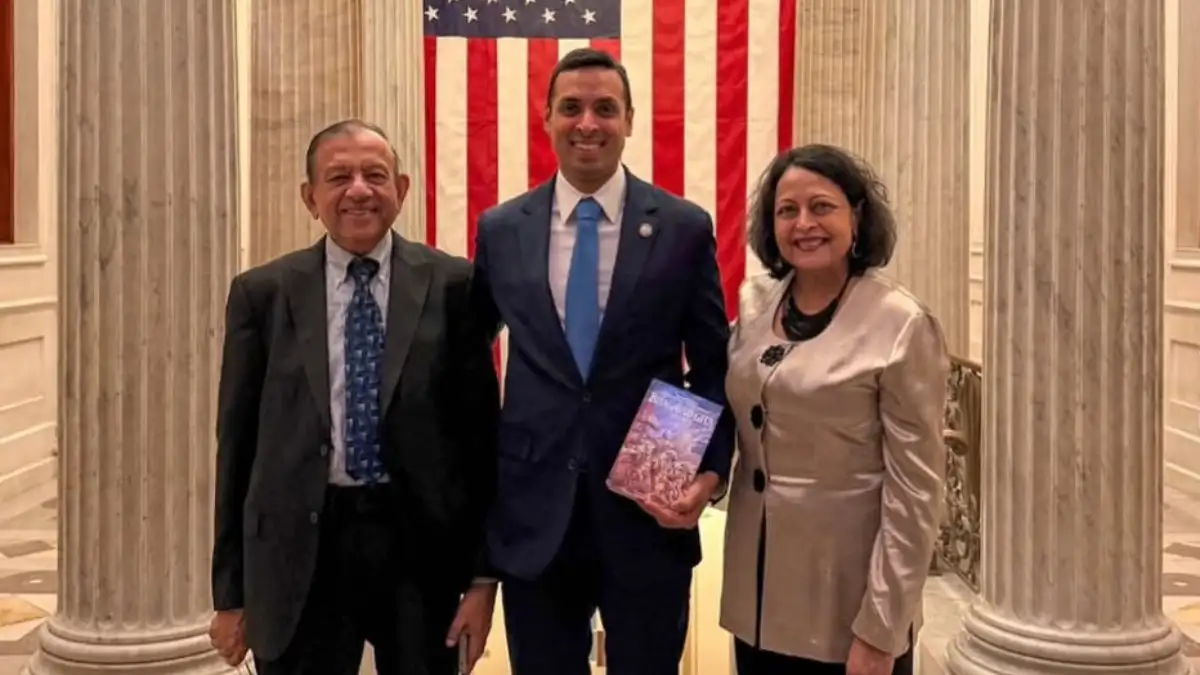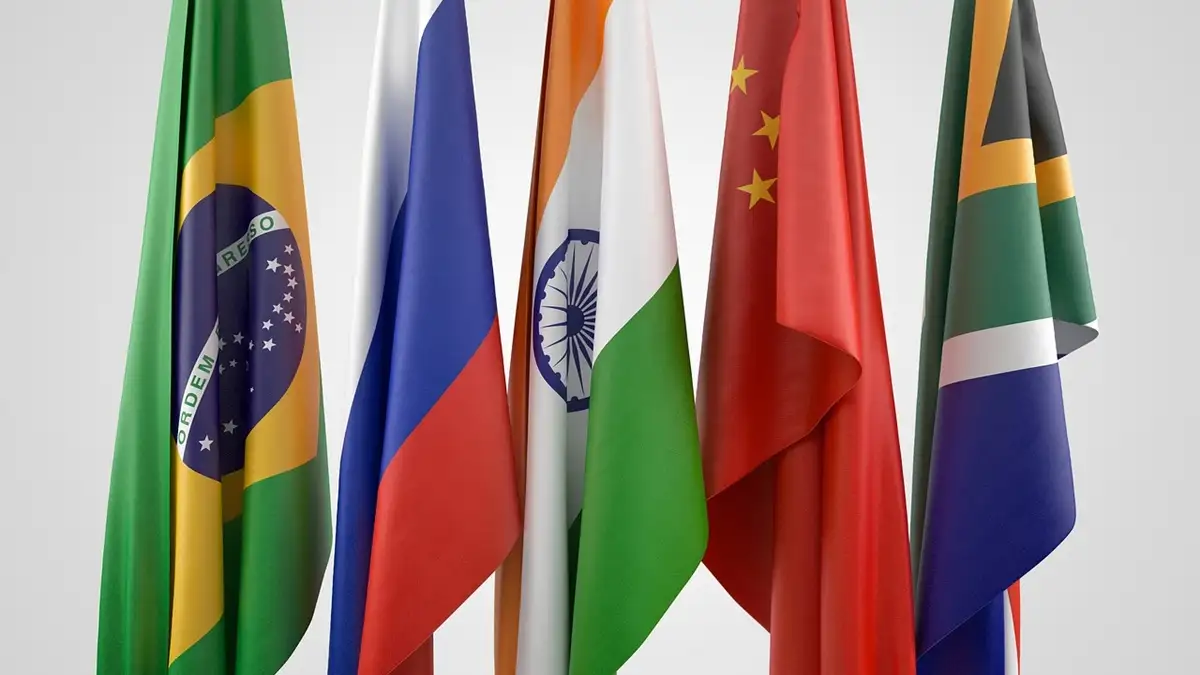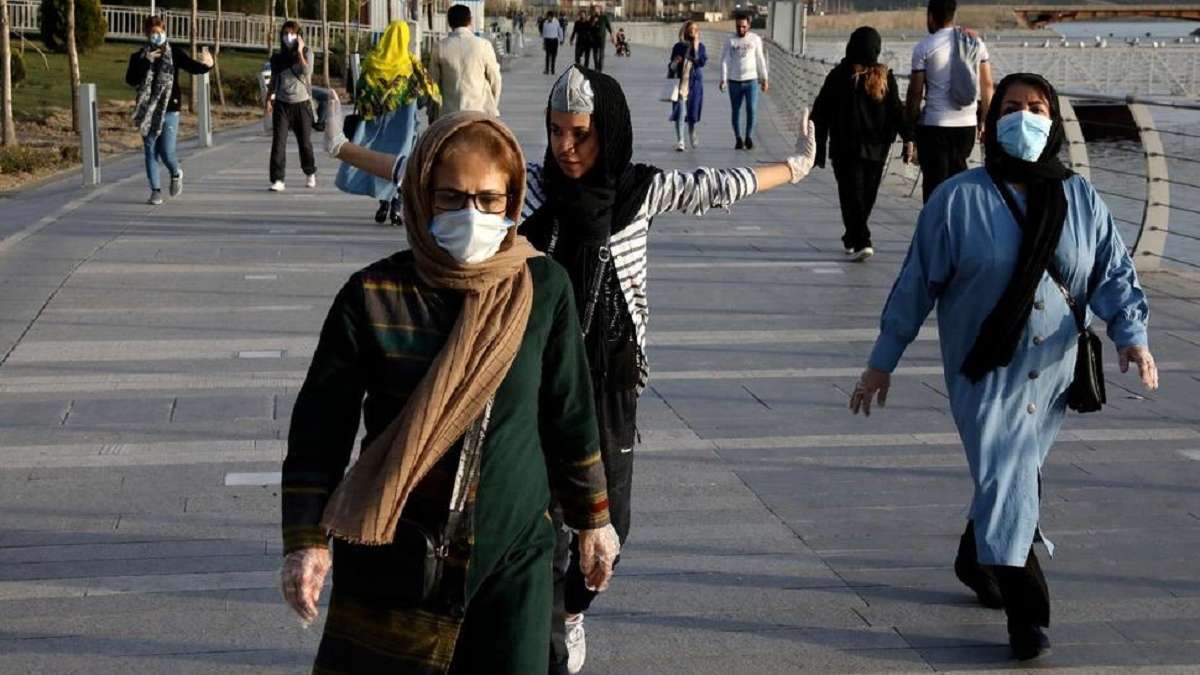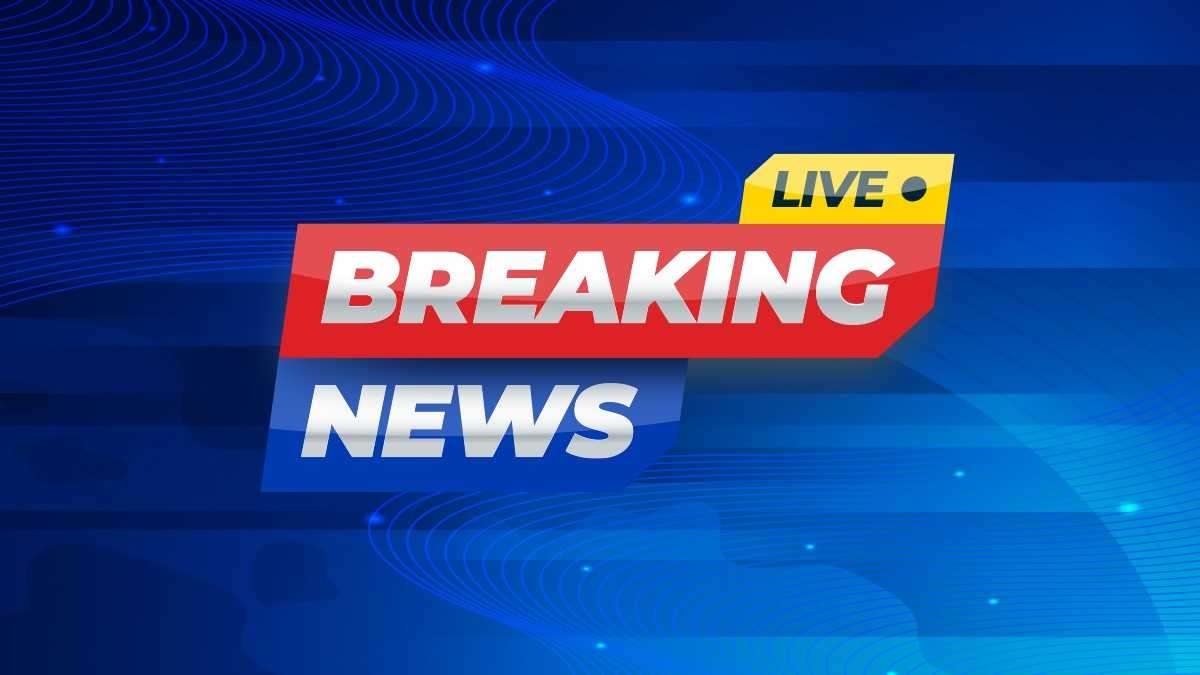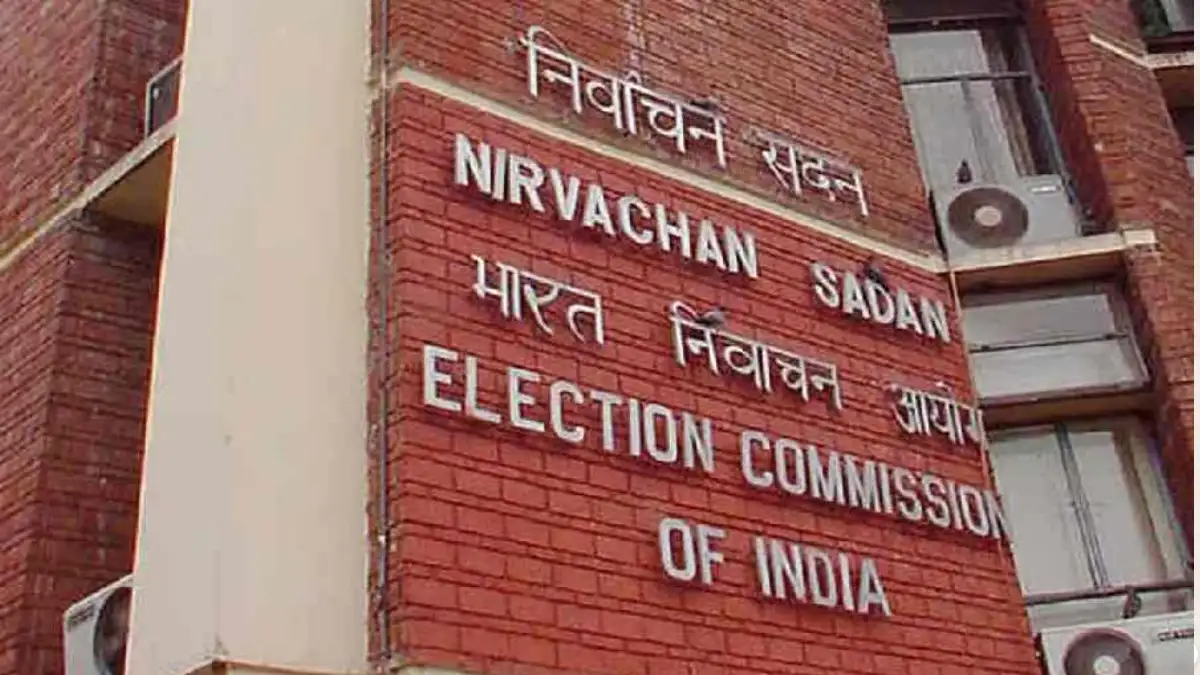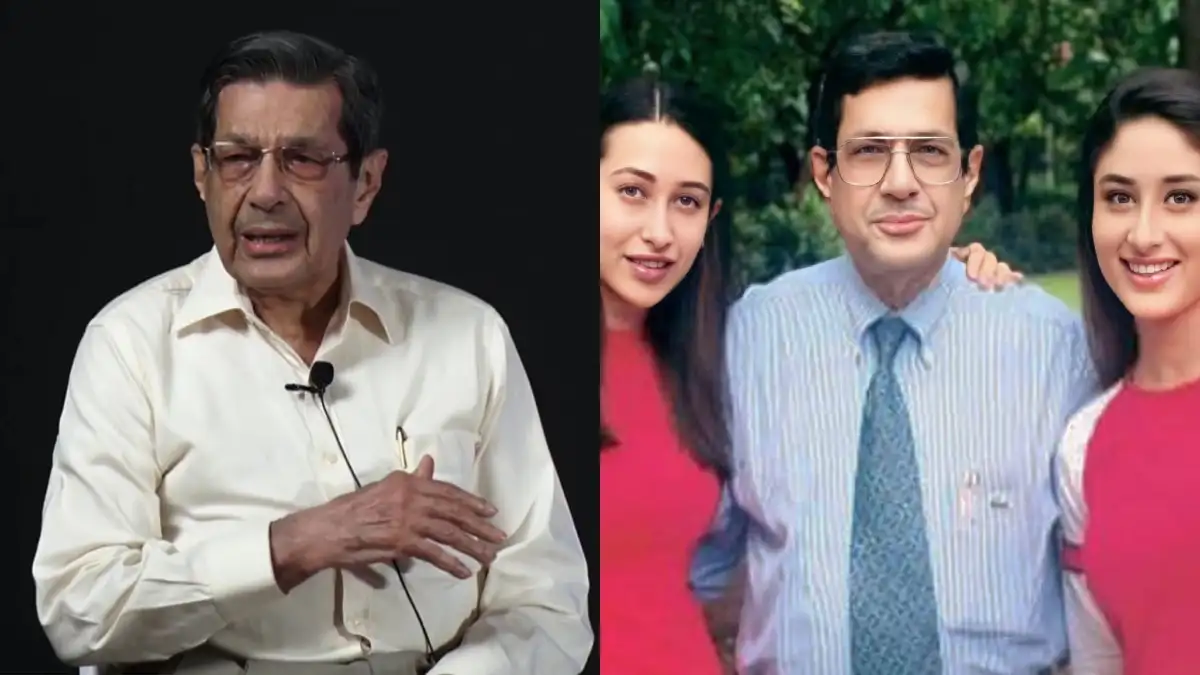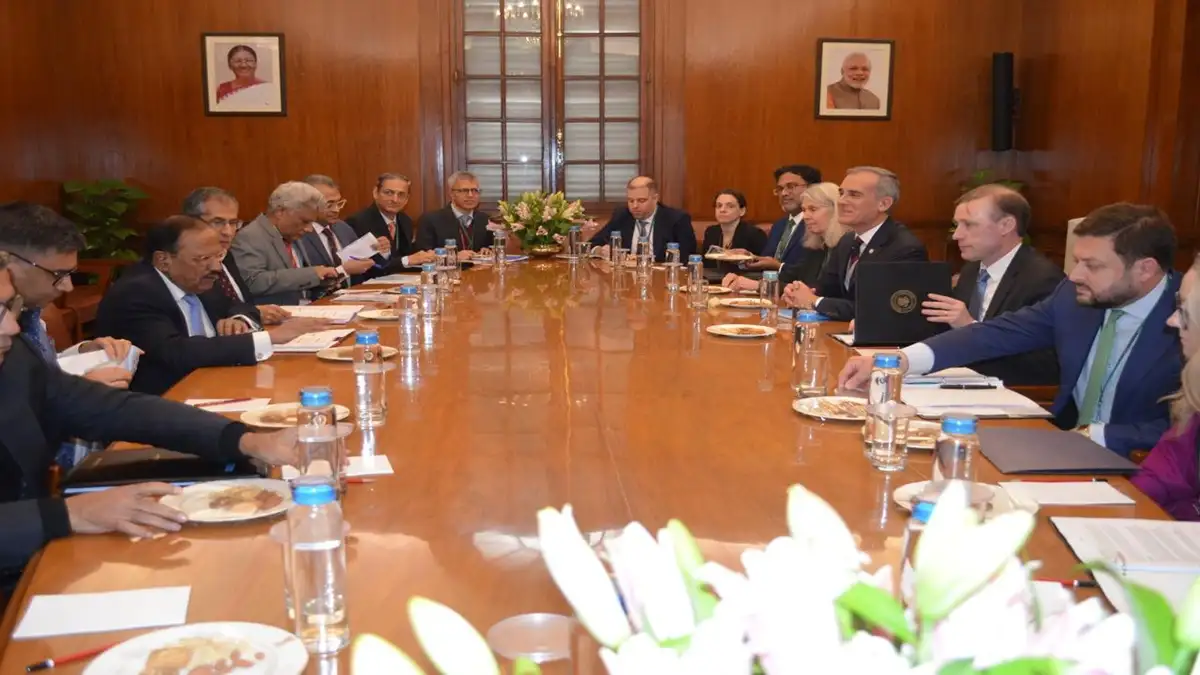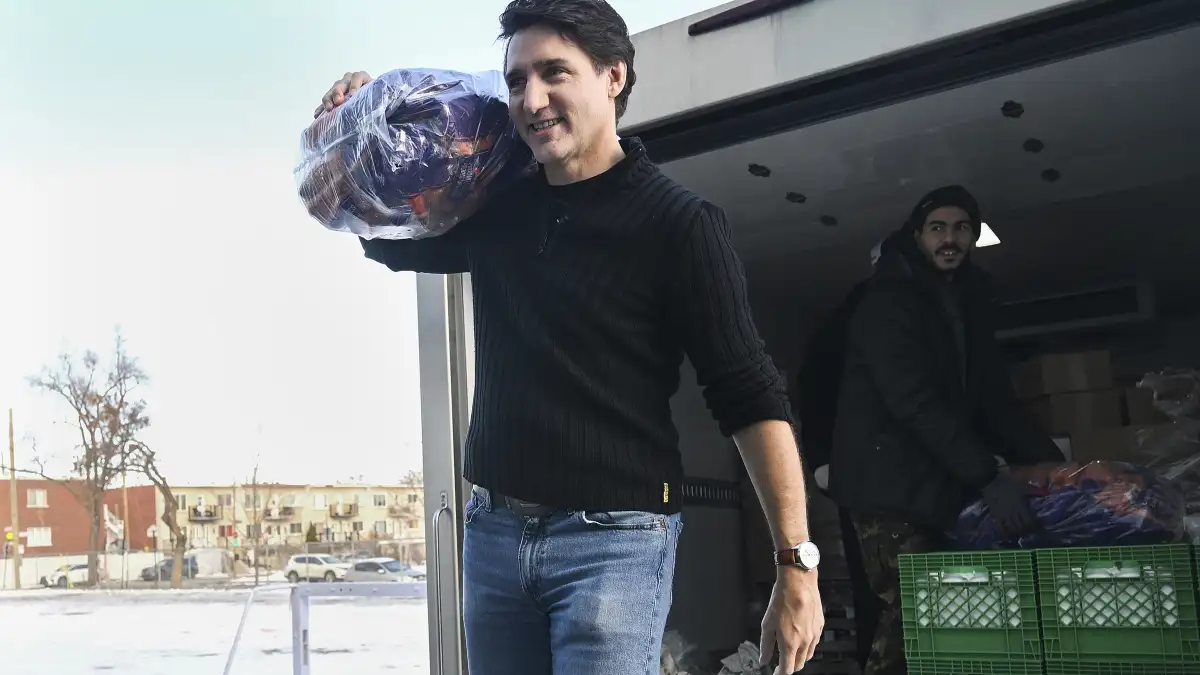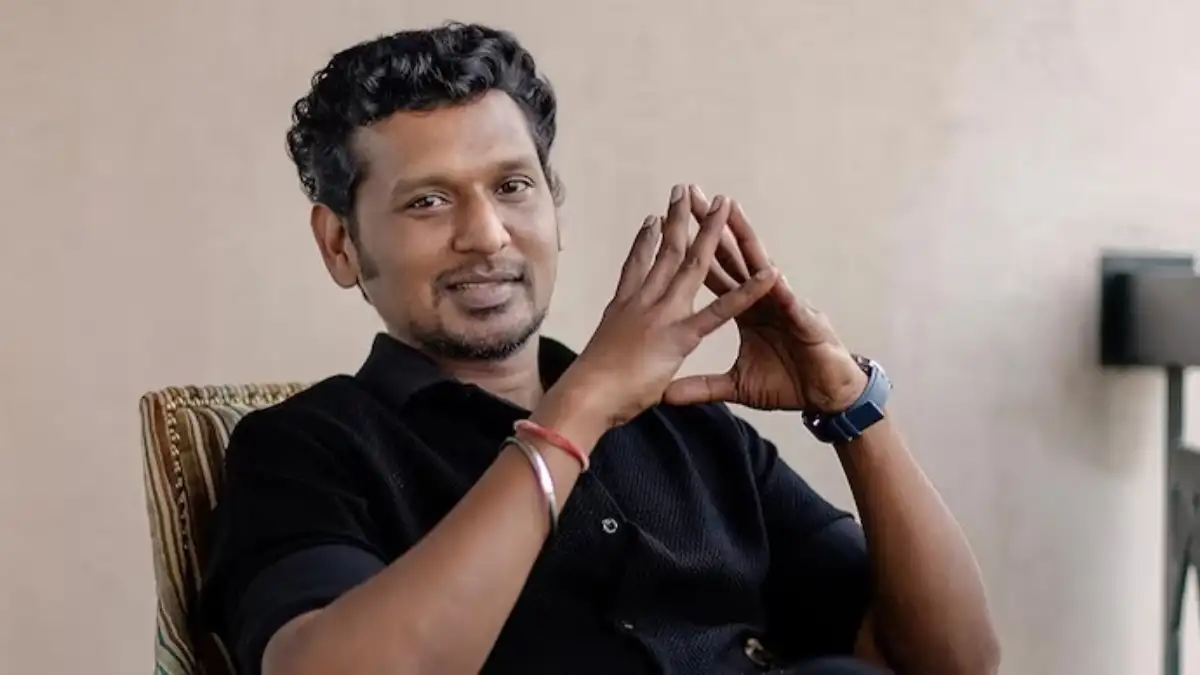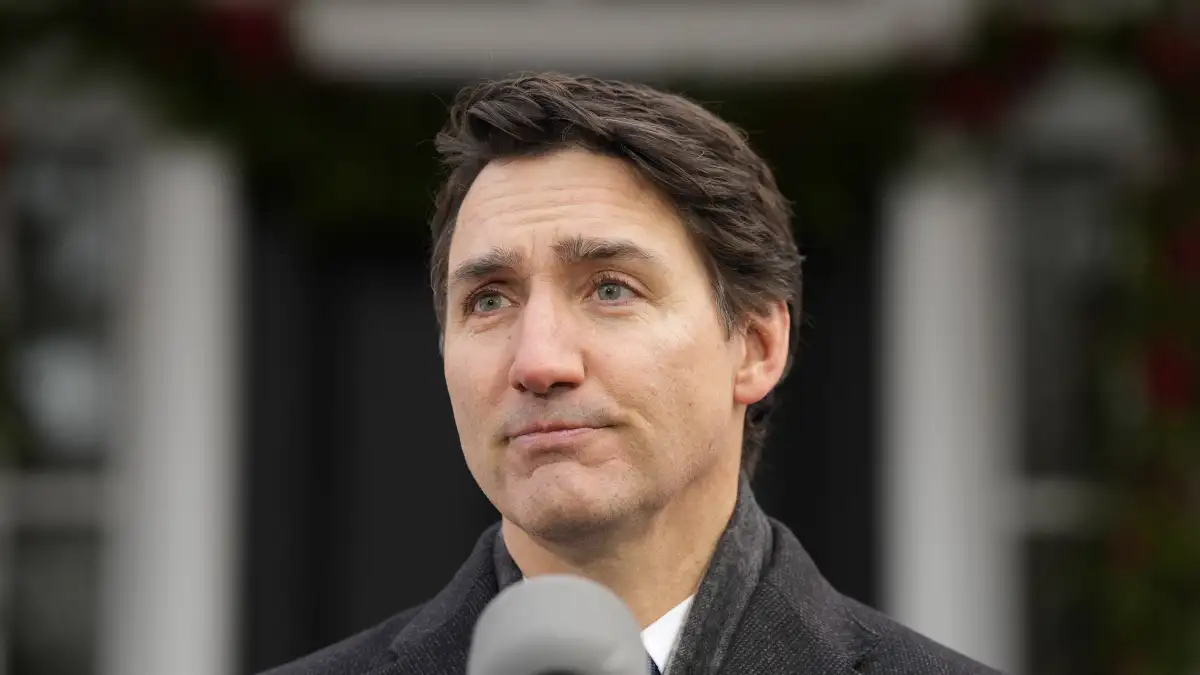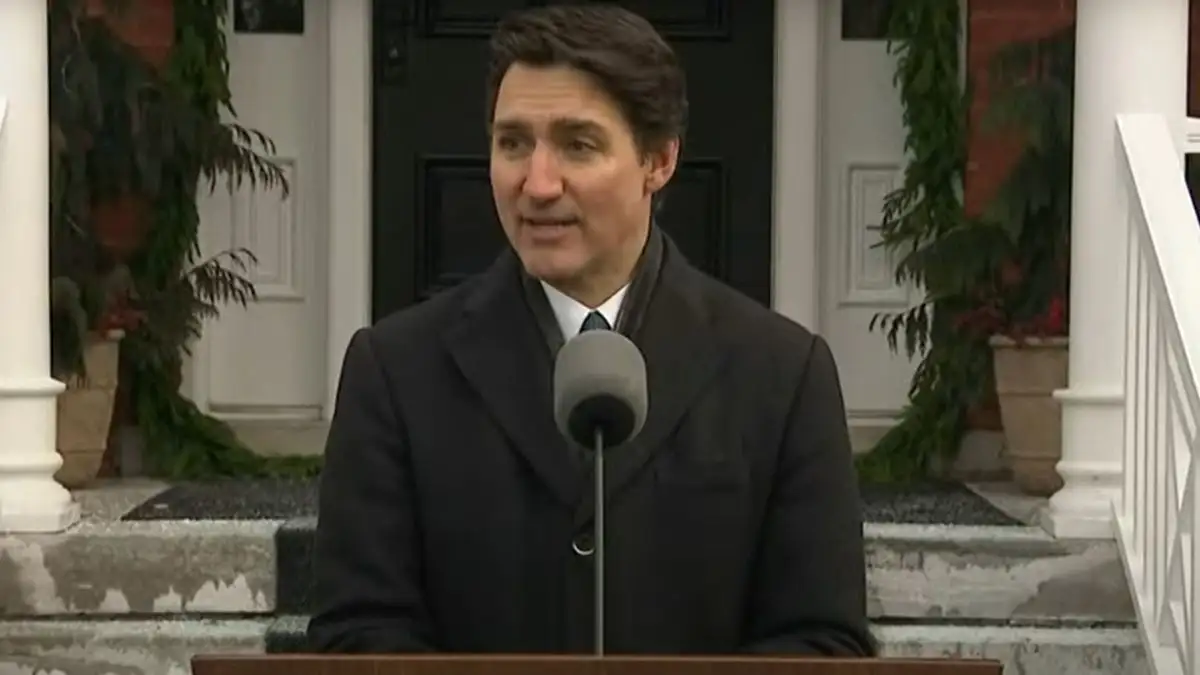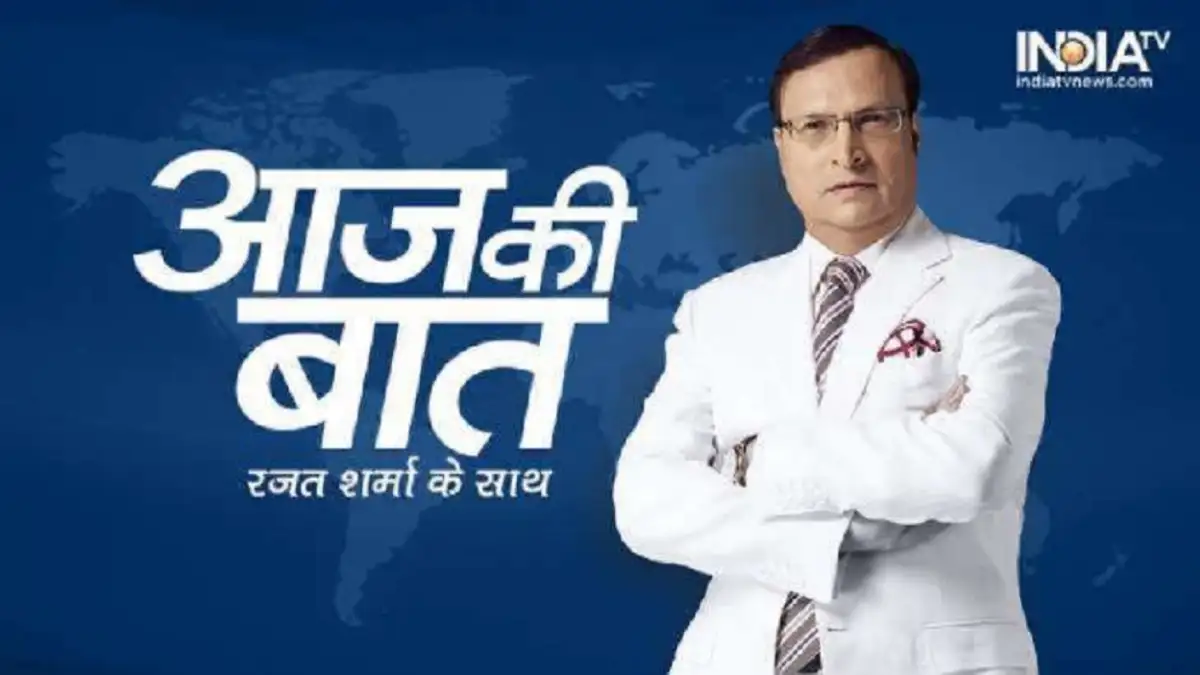Ottawa: Canadian Prime Minister Justin Trudeau announced his resignation on Monday in the face of rising discontent over his leadership, and after the abrupt departure of his finance minister signalled growing turmoil within his government. Trudeau said it had become clear to him that he could not “be the leader during the next elections due to internal battles.” He planned to stay on as prime minister until a new leader of the Liberal Party was chosen. “I don’t easily back down faced with a fight, especially a very important one for our party and the country. But I do this job because the interests of Canadians and the well-being of democracy is something that I hold dear,” he said. During his speech, Trudeau said he had asked the president of his Liberal Party to begin the process of selecting a new leader. An official familiar with the matter said Parliament, which had been due to resume on January 27, will be suspended until March 24. The timing will allow for a Liberal Party leadership race. The official spoke on condition of anonymity because they were not authorized to speak about the matter publicly. All three main opposition parties have said they plan to topple the Liberal Party in a no-confidence vote when Parliament resumes, so a spring election after the Liberals pick a new leader was almost assured. “The Liberal Party of Canada is an important institution in the history of our great country and democracy. A new prime minister and leader of the Liberal Party will carry its values and ideals into that next election,” Trudeau said. “I am excited to see that process unfold in the months ahead.” Trudeau came to power in 2015 after 10 years of Conservative Party rule, and had initially been hailed for returning the country to its liberal past. But the 53-year-old scion of one of Canada’s most famous prime ministers became deeply unpopular with voters in recent years over a range of issues, including the soaring cost of food and housing, and surging immigration. The political upheaval comes at a difficult moment for Canada internationally. US President-elect Donald Trump has threatened to impose 25% tariffs on all Canadian goods if the government does not stem what Trump calls a flow of migrants and drugs in the US — even though far fewer of each cross into the US from Canada than from Mexico, which Trump has also threatened. Canada is a major exporter of oil and natural gas to the US, which also relies on its northern neighbour for steel, aluminium and autos. Trudeau kept publicly mum in recent weeks, despite intensifying pressure for him to step down. “His long silence following this political drama speaks volumes about the weakness of his current position,” said Daniel Beland, a political science professor at McGill University in Montreal. Canada’s former finance minister, Chrystia Freeland, announced her resignation from Trudeau’s Cabinet on December 16., criticizing some of Trudeau’s economic priorities in the face of Trump’s threats. The move, which came shortly after the housing minister quit, stunned the country and raised questions about how much longer the increasingly unpopular Trudeau could stay in his job. Freeland and Trudeau had disagreed about two recently announced policies: a temporary sales tax holiday on goods ranging from children’s clothes to beer, and plans to send every citizen a check for $250 Canadian ($174). Freeland, who was also deputy prime minister, said Canada could not afford “costly political gimmicks” in the face of the tariffs threat. (With inputs from agency) None
Popular Tags:
Share This Post:

Samsung Galaxy S25 Ultra set to launch in India: Price, features and other highlights
January 7, 2025What’s New
Spotlight
Today’s Hot
-
- January 7, 2025
-
- January 7, 2025
-
- January 7, 2025
Featured News
Latest From This Week
Rustom Soonawala, celebrity gynaecologist who delivered Raha, Taimur, Vamika, Ranbir and Kareena, dies at 95
ENTERTAINMENT
- by Sarkai Info
- January 6, 2025
Subscribe To Our Newsletter
No spam, notifications only about new products, updates.

